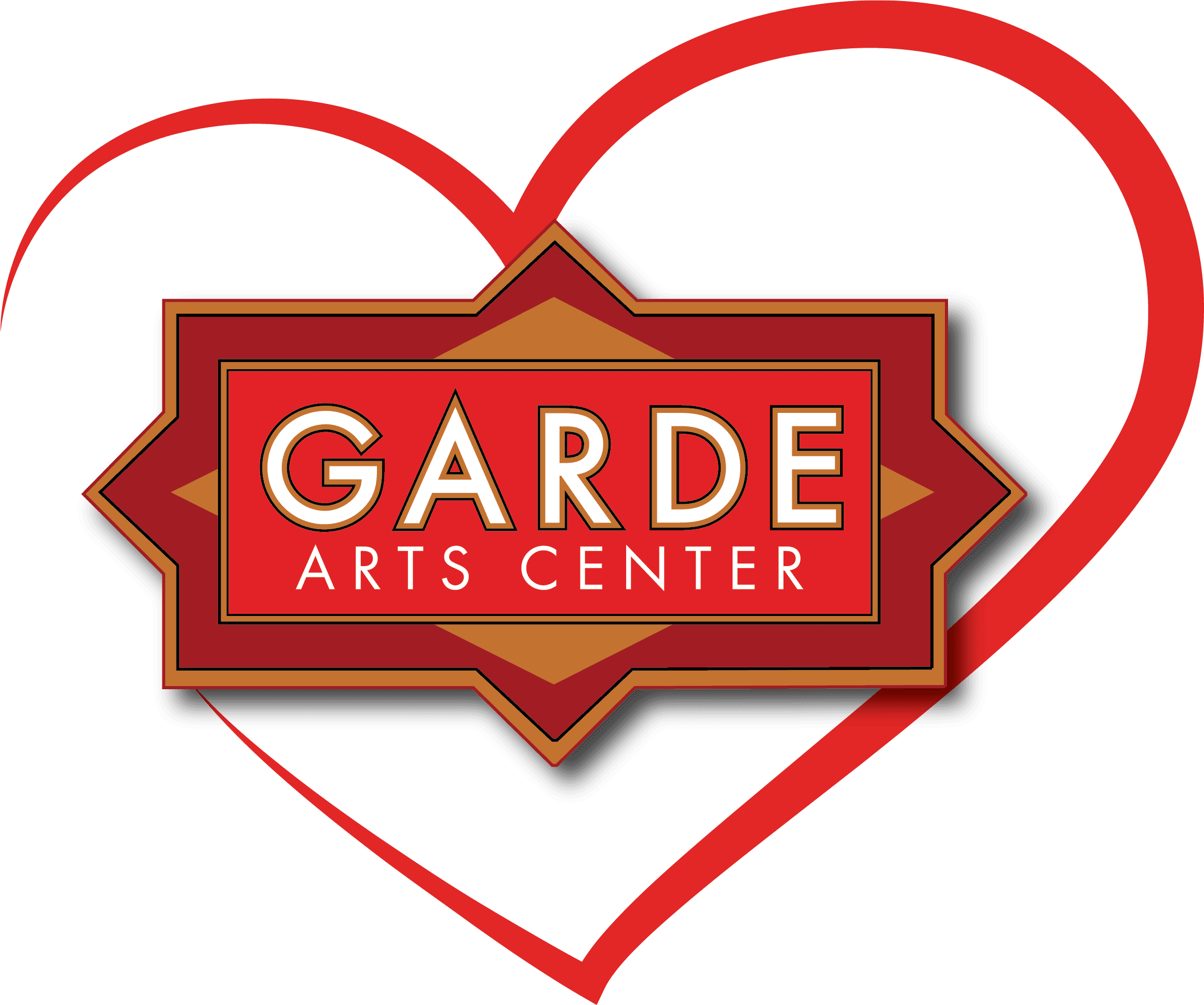 Stage Talk with Rick Koster
Stage Talk with Rick Koster
Where every show has something to say.
On Thursday at 7:30 in the Garde Arts Center, Get the Led Out, a tribute act that, over the course of two decades, has earned a superb reputation for their ability to reproduce the complex magic of Led Zeppelin’s recordings.
Get the Led Out vocalist Paul Sinclair called earlier this week to talk about what he and his bandmates consider the huge privilege of performing the music of one of the most popular and influential rock bands of all time.
Witty, genuinely enthused and excited to visit New London, Sinclair answered five questions.
1: To what do you attribute the rapidly expanding popularity of tribute bands like Get the Led Out?
A: It requires a bit of history. Think about classical music. Beethoven and Mozart and Bach and Chopin. There was a relatively short period where there were all these brilliant composers making this otherworldly music that obviously stood the test of time. It’s over a century later and you still have stellar musicians playing those pieces.
Well, there was a period between Elvis and into the 1980s when rock and pop music was similarly special. It’s a different music, of course, but it was overwhelmingly creative and people loved it and I don’t think it will ever go away. Like with symphonies and orchestras, we’re devoted to duplicating that music; in our case, Led Zeppelin.
The people who lived through it want to hear it. Through radio or albums or concerts, the longevity of the music is established and I’m not certain there’s anything happening in a contemporary way that can rival that. We can certainly see the enthusiasm and affection in the audience when we perform.
2: To clarify, Get the Led Out doesn’t attempt to look like the musicians in Led Zeppelin, or mimic any particular live performances. You’re about the music itself.
A: Correct. We didn’t choose musicians because someone had Robert Plant’s hair or one of us looked like John Bonham. That’s the Halloween costume approach to a tribute band, and there are plenty out there – bands who focus on appearance and stage moves and maybe focus less on how accurately they play the material.
We’re the opposite. We’ve been doing this for 22 years, and it’s an ongoing labor of love to deliver what is often very complex and distinctive music – the way Zeppelin recorded it – because there’s a big difference between their records and their live shows. They simply couldn’t duplicate the albums onstage – not with just four of them. With Get the Led Out, the songs SOUND like the albums.
3: Do you rely on similar set lists every night?
A: Not at all! Part of our journey – part of the fun – is that Led Zeppelin recorded over 70 songs before John Bonham died. We can play all but six – and we’re working on those. So our sets each night can vary widely.
4: Every member of Led Zeppelin was superb and brought a very specific set of skills to the band. Arguably, given the range of Robert Plant’s voice, you might have the hardest job. Describe for the casual fan the magic and nuances of Plant’s voice.
A: I’ve been studying Plant a long time and, about five years ago, I finally figured it out. (Laughs) I like to think of him as the (noted Warner Brothers cartoon voice actor) Mel Blanc of rock singers! Bugs Bunny, Daffy Duck and Porky Pig … all those amazing characters. Zeppelin were adamant not to just write “Immigrant Song” over and over; they wanted to keep doing new things and that’s why they incorporated reggae, blues, pop, rock, weird time changes …
And for his part, Plant tried to create characters for the songs and style – or I’m gonna call them characters. I’ve heard him talk in interviews about how he’d “put on a voice” and I finally realized what he meant. He was always trying a new vocal approach to keep the material fresh and give the songs their own character.
5: How do you see your career in Get the Led Out coming to a satisfactory conclusion?
A: I’ll be 94 or something, like Tony Bennett, and the last thing that come out of my mouth will be Robert Plant’s final wail on ‘Whole Lotta Love.” (At this point, Sinclair, with eerie accuracy given that we’re on a phone call, offers a full-voice replication of the elongated and eventually fading-out LOOOOOOOOOOVE!)
